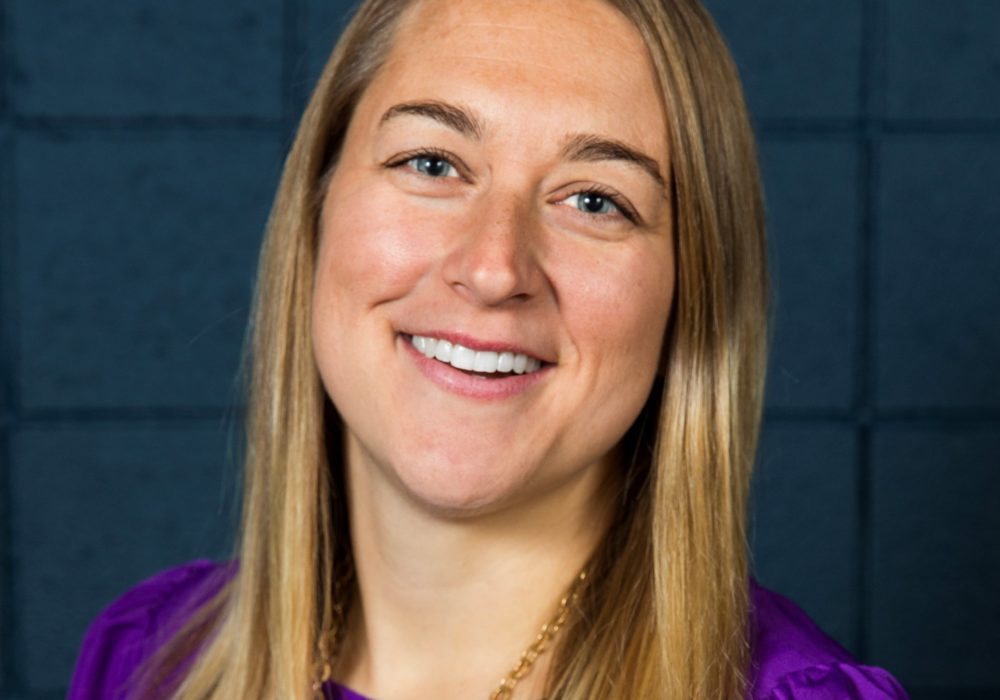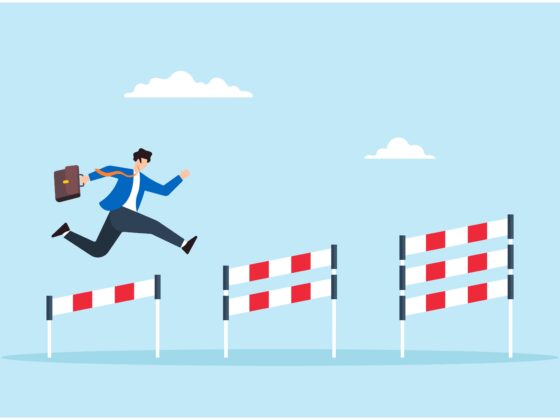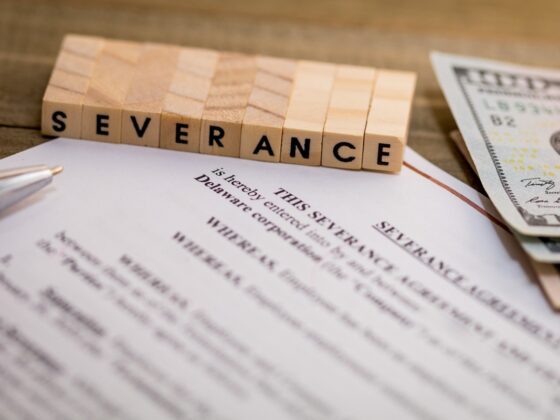“But, Missy, I thought the whole point of going to Darden was to transition into the sports industry?”
My classmates, friends and family have all asked this question in the months since I accepted a job at a top-tier consulting firm. “Didn’t you want to be the commissioner of the NBA or the athletics director at UVA?”
Allow me an explanation.
After Darden, I joined Monumental Sports and Entertainment, owners of the Washington Capitals, Wizards, Mystics and Capital One Arena, as part of a small corporate development team. It was an ideal role — an opportunity to work in sports and to put my Darden education to the test. I was fortunate to work for a forward-thinking ownership group, to have colleagues who were dedicated and kind, and I was learning about the team side of an industry I was already passionate about.
But, something was missing. I wasn’t learning enough, fast enough. I needed more of a challenge; I wanted more responsibility and more opportunities to build a management toolkit. After a lot of thought, many conversations and a hard look at what I wanted for my future, I decided it was time for a change. In a surprise to me (and my friends and family), consulting offered the best opportunity to meet those needs. Enter: Darden Alumni Career Services (ACS).
A Darden classmate suggested I reach out to ACS, where I was connected to Lindsay Guthrie. She became my consulting recruiting coach/guru/confidante, and over several months, Lindsay would prove to be invaluable at each point in my job search. Not one to miss an opportunity to use a sports metaphor, I’ll call these phases the warm-up, the game and the post-game…
Warm-up: Proper warm-ups loosen the rust, help prevent injury and make sure that at game time you’re feeling energized. Warming-up for consulting interviews serves the same purpose. My first case practice was clunky. I felt winded. Every corner of my brain hurt. Luckily, Lindsay and I laid out a plan that allowed me ample time to practice and prepare. She introduced me to Darden alumni also doing case prep; former classmates-turned-consultants offered to do mock cases; and I spent my free time frameworking everything (“Wow, the DC Metro is never on time. How would I approach this if they hired me as a consultant?”).
The game: When it came time to interview, I was at the top of my game. The best advice I was given was to be myself in each interview, which seems like an easy thing to do, but when you’ve got framework after framework in your head, it was just as easy to seem robotic. So, I developed a routine of getting a manicure the night before interviews and working out the morning of. For each interview, I felt relaxed and excited. I had engaging conversations with my interviewers; I talked about the upcoming NCAA tournament with my fellow interviewees; and I was comforted knowing I had gotten in a proper warm-up.
Post-game: I was fortunate to receive two offers, each from a great firm, so while I could celebrate my hard work, I still had a decision to make. I spent the next several weeks talking to people at both firms, discussing my opportunity with Lindsay, researching the sort of work they both offered and deciding what made the best sense for that picture of my future I had in my mind. I made my choice and started warming up again — this time to actually do the job. Admittedly, I could have had better timing, as leaving my job at Monumental meant I missed being at the Stanley Cup finals by a mere three weeks.
I have no regrets in choosing to enter the sports industry after Darden or in choosing to leave. The next several years/decades/however long will be an invaluable experience, and I owe a lot of that to my Darden education and the Alumni Career Services’ expertise. Don’t get me wrong, I still want to be commissioner of the NBA or athletics director at the University of Virginia (or something similar to either). But in the meantime, I’ll remain a devoted UVA sports fan, an avid Caps supporter and a Darden Cup-winning Section A alumna. Go Hoos!





